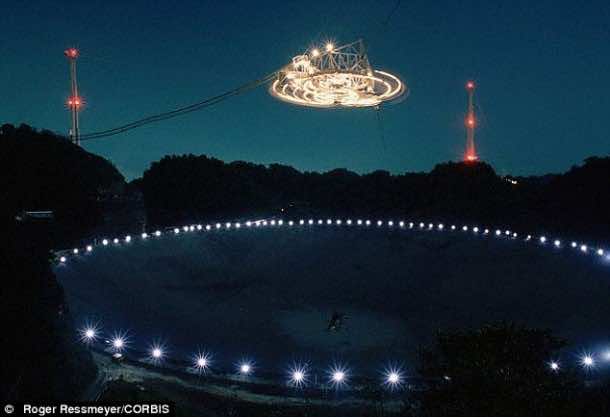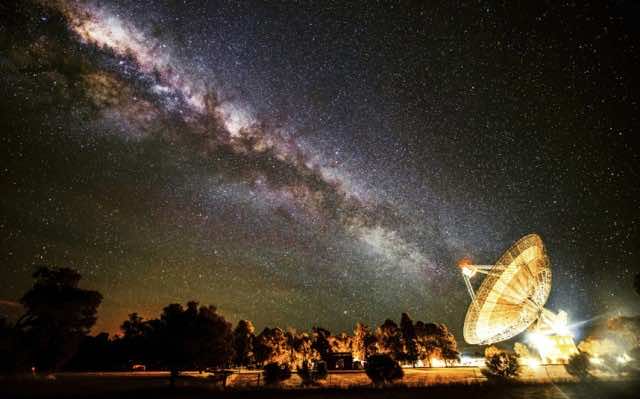The question that has still not lost its mystic touch is that are we alone in this universe? Yeah, sends chills down your spine, doesn’t it? The idea of ET being out there, smarter and maybe more advanced than human beings. What makes it even more exciting? Scientists have detecting fleeting bursts of radio waves that vroom around across the universe in only a few milliseconds before turning into nothing. That could be anything, right? However, for the very first time astronomers have discovered short bursts of radio waves that are being originated from the same location that exists literally far beyond our own galaxy.
The sources of these ‘fast radio bursts’ have kept scientists baffled ever since their first discovery back in 2007. Up until now, all of such incidents have been one-off events that were attributed to some unidentified event that took place in deep space. The recent findings have brought the science family one step closer to determining the source of these signals. The latest fast radio burst that was spotted is being said to come from an ‘extremely powerful object’ that is occasionally generating multiple bursts within a minute.
Professor Jason Hessels, an astronomer at the University of Amsterdam and the Netherlands Institute for Radio Astronomy and also the lead on the research team stated that the team is hoping to make use of the pulses’ direction in order to ascertain what could be causing them. He said, “Finding the host galaxy of this source is critical to understanding its properties. Once we have precisely localized the repeater’s position on the sky, we will be able to compare observations from optical and X-ray telescopes and see if there is a galaxy there.”
The signal was identified by astronomers that were going through data from the Arecibo radio telescope in Puerto Rico – world’s largest radio telescope. The signal was captured between May and June and exhibits multiple bursts with properties that are consistent with the fast radio burst that was detected back in 2012.
Paul Scholz, an astronomer at McGill University, the first spotter of the signal said, “I knew immediately that the discovery would be extremely important in the study of fast radio bursts.” He along with his colleagues found a total of 10 new fast radio bursts. Dr. Laura Spitler, lead author of the study at the Max Planck Institute for Radio Astronomy in Bonn, Germany said, “Not only did these bursts repeat, but their brightness and spectra also differ from those of other fast radio bursts.”
Fast radio bursts are speculated to have originated in distant galaxies based on plasma dispersion. Pulses that travel across the universe are diversified from man-mad interference via the influence of interstellar electrons that cause slowing down of radio waves at lower radio frequencies.

